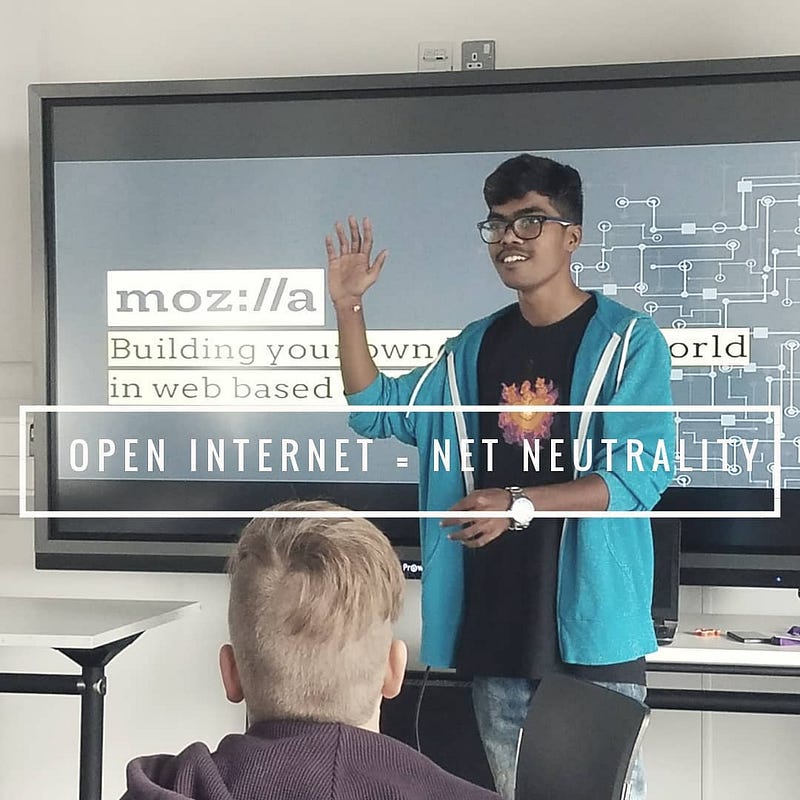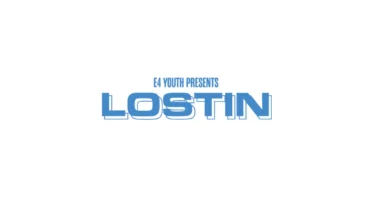Net Neutrality and What I learned at Mozilla Festival
Net Neutrality and What I learned at Mozilla Festival

It’s been just over a month since I returned from London and MozFest, the world’s leading festival for the open Internet movement. Just before I left, I wrote a #CarlGoneLearnVR blog post about my learning goals for the trip. I’ll get to those in a minute but first, let me address the idea of the “open Internet”.
Open Internet = Net Neutrality
In the wake of the Federal Communications Commission’s plans to end Net Neutrality, it’s important to understand that the idea of an open Internet and net neutrality are one in the same.
In the U.S., we have grown accustomed to net neutrality. Broadband providers are unable to block, throttle or give preferences to lawful content and applications on the web. This level playing field allows for greater innovation and competition. How different would the world be if one of the early Internet service providers were able to cut deals with content makers and give speed preferences to those willing to pay the most? Would the creation of a Netflix been possible? Would a college age Mark Zuckerberg been able to pay for the bandwidth needed to validate a new product like Facebook?

Imagine if the only Internet you knew was the confines of an application like Facebook (they actually tried to do this in India) or having to pay a broadband provider to access YouTube or Netflix? These are just a couple of possible outcomes.
As an educator working to closing the digital divide, the prospect of a closed Internet is particularly distressing. My org, E4 Youth, recently received a grant from the Mozilla Foundation to develop Virtual Storytelling Curriculum. The project will help high school teachers incorporate 360 Video and Virtual Reality into the classroom by encouraging collective storytelling about historical locations.
Almost all of the applications we’ll help teachers and students learn to use are housed in the cloud. The power of this approach is that it allows users to create robust applications using low cost gear like Chromebooks and tablets. How will the potential throttling of high bandwidth content like they’ll be creating inhibit student learning and innovation?
We may not be able to discern much impact in the short term but things change rapidly in the Internet age. Remember, the iPhone only came into existence 10 years ago. In fact, Apple, Google, Facebook and Amazon, the primary drivers of growth in the world economy, only achieved their dominance in the last decade or so. During that same time period, once dominant companies like AOL and Yahoo have shrunk into anonymity.
So, what did I learn at Mozfest?
I learned that there is a diverse and passionate community of creators, technologists, educators, youth and activists that value an open Internet and the opportunities for innovation that come with it.

I learned about how small interactions can have a big impact. Most of the sessions were fairly small (5 — 20 people). This made it easier to have deeper more nuanced conversations. There was no sense of hierarchy or exclusivity. We were all learners, even the so called experts. Seeing kids teach their peers and adults about technology was particularly powerful for me.
I also learned that almost all of the tools we’ll need to help teachers implement Virtual Storytelling Curriculum are available for free or at a minimal cost. Browser makers like Mozilla Firefox, Gooogle Chrome and Microsoft Edge have gotten together to establish Web VR standards making both the consumption and creation of VR far more accessible.
The Samsung Gear 360 camera is now under $200 and allows you to use your phone as the controller/monitor (mostly on Samsung S7 and S8s). It shoots 360 video in 4K (only for 15 minutes, then it overheats), broadcasts live and publishes seamlessly to social media. There are issues to be sorted but the speed of innovation + competition is brisk.

These are truly exciting times and yet, I feel a sense of both dread and urgency knowing that the progress being made may be fleeting. The FCCs efforts to end net neutrality could have negative ramifications for generations to come. In the mean time, I’m gonna keep fighting.

